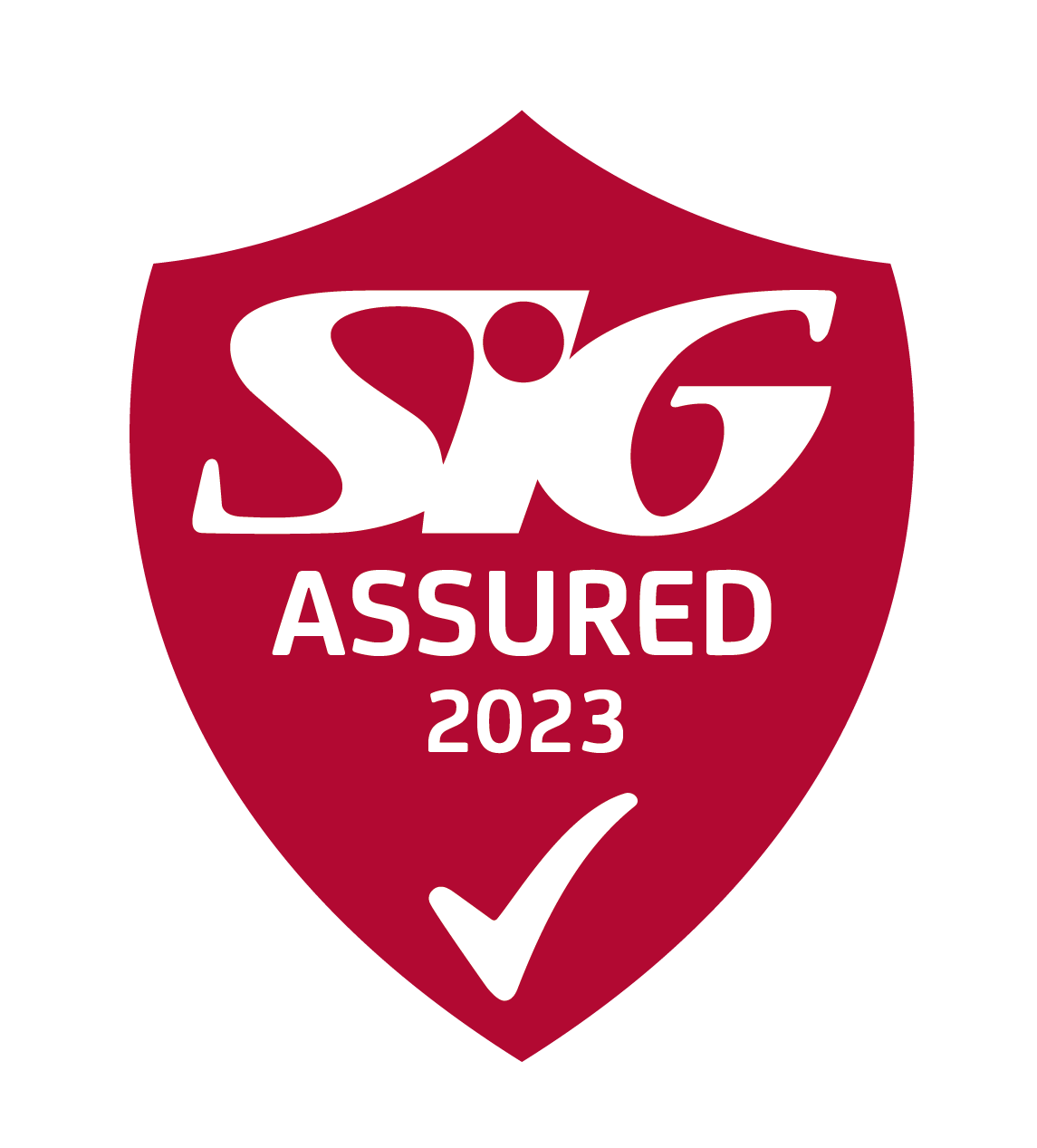Modern Slavery
Modern Slavery can take many forms including the trafficking of people, forced labour, servitude and slavery. Children (those aged under 18) are considered victims of trafficking, whether or not they have been coerced, deceived or paid to secure their compliance. They need only have been recruited, transported, received or harboured for the purpose of exploitation. It is an international crime, affecting an estimated 29.8 million people around the world that transcends age, gender and ethnicity. It is not an issue confined to history or an issue that only exists in certain countries. It is something that is still happening today, and it happens here in the UK.
The term Modern Slavery captures a whole range of types of exploitation, many of which
occur together. These include but are not limited to:
- Sexual exploitation
- Domestic servitude
- Forced labour
- Criminal exploitation
- Other forms (Organ removal; forced begging/benefit fraud/marriage and illegal adoption)
Section 54 of the Modern Slavery Act 2015 requires certain organisations to develop a slavery and human trafficking statement each year. The slavery and human trafficking statement should set out what steps organisations have taken to ensure modern slavery is not taking place in their business and its supply chain.
The document provides guidance on:
- who is required to publish a statement
- how to write a slavery and human trafficking statement
- how to approve and publish the statement
Many Small to Medium Enterprises (SME’s) fall below the current criteria requiring them to provide an annual statement regarding their policy on modern slavery.
Through supply chain involvement SMEs are expected to assist companies who are required to provide an annual statement by providing information to enable an accurate statement to be prepared regarding the reporting companies entire supply chain
Source of Information:
https://www.gov.uk/government/collections/modern-slavery
https://www.gov.uk/government/publications/transparency-in-supply-chains-a-practical-guide

